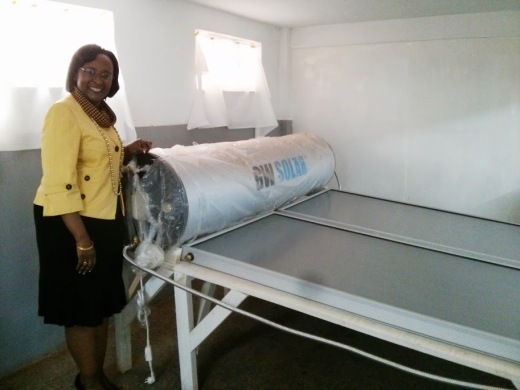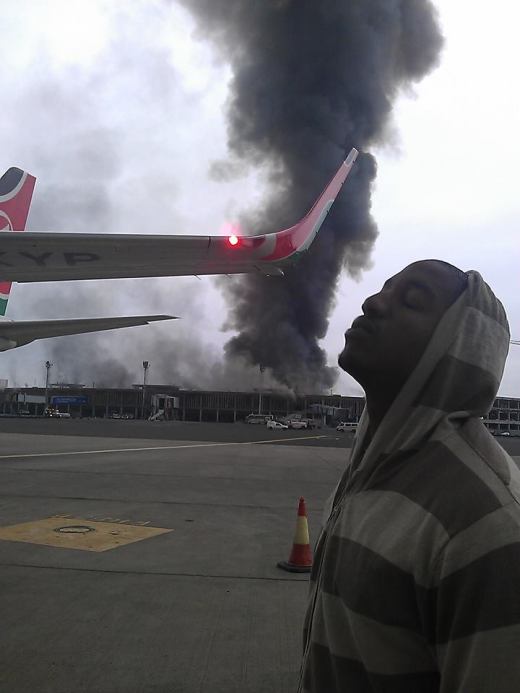I’ve spent enough time abroad to be a bit jaded by many of the things that may come as a shock to most travelers: poverty, pollution, different customs, etc. But this week I saw something that blew my mind, which I have decided to write in (abbreviated) MBA case study format at the bottom of this post (apologies to those who haven’t read cases before).
This week our team split up and visited branches of the bank we will be partnering with. I was extremely fortunate to go to a branch where the loan officer in charge of SMEs was very enthusiastic about putting me in front of clients and allowing me to ask them questions about their businesses. Some of these businesses were started by serial entrepreneurs, some by women, some by people who had spent time working abroad, and a few who had worked for a multinational here in Kenya.
The entrepreneurial spirit is alive and well here; the institutional voids and the cracks in the system that create market inefficiencies are slowly getting filled.
The businesses and industries were myriad, as well as the level of sophistication each businessperson possessed. A few were as meticulous as anything you might see in the US, but there were also those that obviously would benefit from formalized business training. The one common denominator was that each entrepreneur was incredibly excited to talk about their business.
And now for the Case (A):
Dave stood behind his desk enjoying a hot cup of African tea while staring out the window of his third-floor office in the busy Westlands neighborhood of Nairobi. Getting used to living in Africa had not been the big adjustment many had envisioned, and Dave found that Kenyans, on the whole, were incredibly friendly and helpful. As he stared off over the rooftops and bustle of traffic, he noticed a mob of angry shouting Kenyan men moving a pushcart on the street below. The mob was nearly 50 people, and Dave’s first reaction was that it was probably religious. Curious, he parted the blinds to get a better look, and noticed a naked full-grown Kenyan man huddled in the pushcart who had the expression of a man who would rather have been anywhere else in the world at that particular moment.
Stunned, he looked around the office to see if anyone else had seen this. No one had. He wondered whether he should run out to ask what this was about, call the police, or tell a co-worker what he just saw. Clearly, a decision would need to be made. Preferably sooner than later. Dave set his cup of tea down and headed for the door.
Case (B)
Dave managed to find a co-worker and told him what had just taken place. The co-worker responded with a chuckle, “Probably a thief,” and walked away. Text messages were sent to other locals to see if they might shed some light on the matter, and their responses boiled down to: the man probably was a thief; observe, but stay away; these incidents sometimes don’t end well; hopefully the police would intervene before this public shaming went any further.
A call to the police was likely to take hours, not minutes, for officers to arrive, if at all.
I shudder to imagine what happened to the man. At best, more humiliation. At worst…
Frontier justice is apparently not terribly uncommon along the frontier.
Finally, I mentioned that one of my colleagues happened to be trying to travel the day of the airport fire, and he was kind enough to allow me to re-post his photo here. This was before 7am, after being forcibly de-planed mere minutes before scheduled takeoff.



